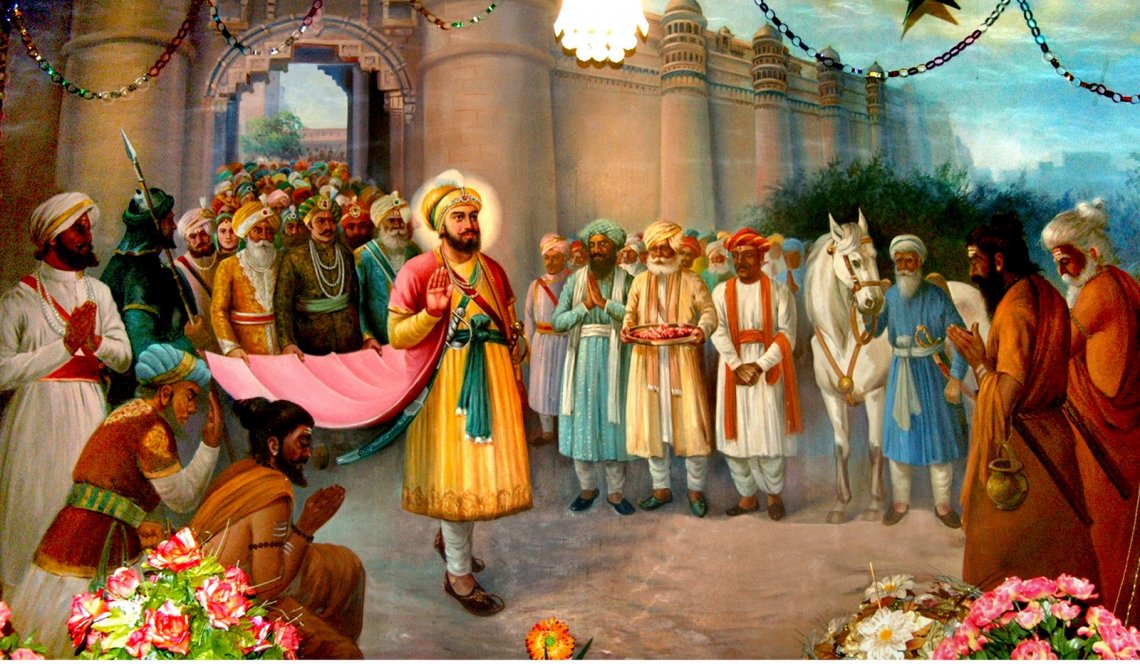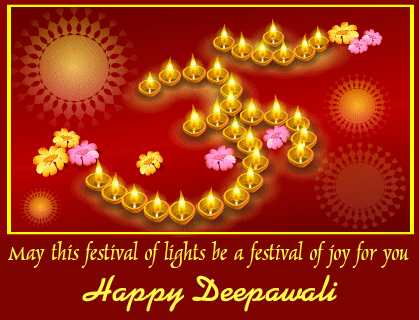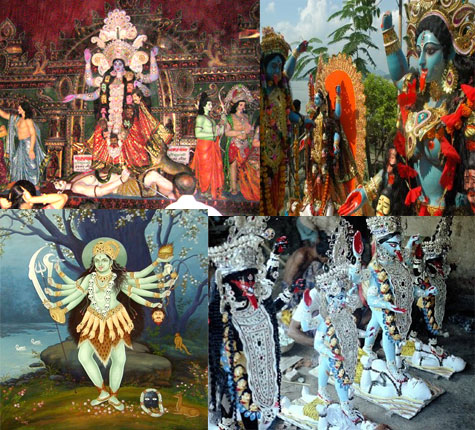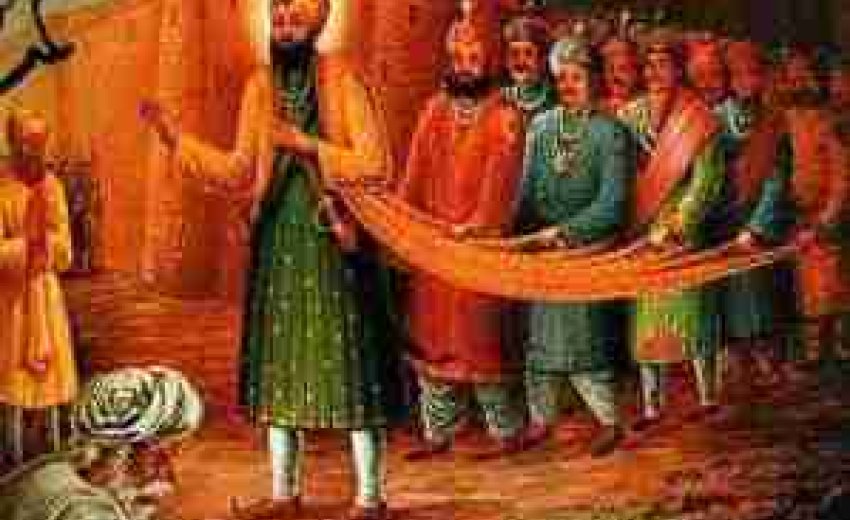 Nov 13, 2012 - PATNA: Diwali is one of the occasions when the multicultural identity of India finds its expressions. While Hindus celebrate it to mark the return of Lord Ram to Ayodhya, Sikhs celebrate it as 'Bandi Chhor Diwas' or the celebration of freedom and the Bengalis perform puja for 'Shakti'- Kali Puja.
Nov 13, 2012 - PATNA: Diwali is one of the occasions when the multicultural identity of India finds its expressions. While Hindus celebrate it to mark the return of Lord Ram to Ayodhya, Sikhs celebrate it as 'Bandi Chhor Diwas' or the celebration of freedom and the Bengalis perform puja for 'Shakti'- Kali Puja.
Legend has it that Sikhs celebrate the event to mark the release of their sixth guru, Guru Hargobind Sahib ji, from the fort of Gwalior in October 1619, who was imprisoned by the then Mughal emperor, Jehangir. He had taken Guruji captive as he was afraid of the growing clout of the Sikh movement and, for the same reason, martyred the fifth guru of Sikhs, Guru Arjan Dev.
 However, Jehangir paid heed to the good counsel of Saint Sai Mia Mir (who was a friend of guruji) and decided to release the guru. Some scholars, however, believe that Jehangir realized that guruji was going to do no harm to his empire, and so decided to release him.
However, Jehangir paid heed to the good counsel of Saint Sai Mia Mir (who was a friend of guruji) and decided to release the guru. Some scholars, however, believe that Jehangir realized that guruji was going to do no harm to his empire, and so decided to release him.
However, imprisoned in the same fort were 52 Hindu rajas of different kingdoms. So guruji said, he would either walk free with all of them or not at all. On this, Jehangir put the condition that as many rajas would be released who could hold the cloak of guruji. However, Guru Hargobind Sahib refused to relent. Instead, he ordered for a cloak that had 52 coat tails. And so, all the rajas held the coat tails and walked out of prison with guruji. Hence, the day came to be known as 'Bandi Chhor Diwas'. After the release, guruji went to Harmandir Sahib in Amritsar where he was welcomed by lighting 'diwe' (earthen pots), in a fashion similar to that in which Lord Ram was welcomed in Ayodhya.
The 'Bandi Chhor Diwas' is celebrated in gurdwaras across the world. The occasion is celebrated with gusto in Patna Sahib as well, the birthplace of Guru Hargobind Sahib's grandson, Guru Gobind Singh. Secretary of the Prabandhak Commitee of Harmandirji, Patna Sahib, Raja Singh said special prayers are held on Diwali evening. "Devotees in large numbers attend the gurubani kirtan and special path. They offer bhog which is later taken back home as prasad. The whole premises of the gurdwara is lighted by 'diyas' and the grand aatishbaji (fireworks) is followed by kirtan."
 Bengalis in the city are not lacking in the celebration of Kali Puja. "It is a puja performed for Shakti and devotion. People who perform Kali Puja are called 'shakt'. This puja is tough in nature as the devotee has to keep fasting without water till the puja is over," said Pramod Kundu, a resident of Boring road.
Bengalis in the city are not lacking in the celebration of Kali Puja. "It is a puja performed for Shakti and devotion. People who perform Kali Puja are called 'shakt'. This puja is tough in nature as the devotee has to keep fasting without water till the puja is over," said Pramod Kundu, a resident of Boring road.
It is worth mentioning here that Kali Puja coincides with Diwali celebrations every year and hence it is also known as Diwali Kali Puja. Diwali Kali Puja is celebrated with utmost devotion in West Bengal. The major distinction being that when the rest of India worships Goddess Laxmi on the auspicious day of Diwali, the Kali avatar of Goddess Durga is worshipped in West Bengal and by those who have faith in Maa Kali.
The Kali Puja was also performed with great devotion by the members of Bengali community at Kali Mandir at Gardanibagh. Ashutosh Das, a member of Patna Bengali community said, "We eat 14 types of leafy vegetables (saag) before the day of Kali Puja and lit up 14 diyas on the eve of Kali puja."
